By The People At Work

Storytelling: Elevate Your Interview Game in 7 Steps
Summary: Before claiming your coveted leadership role, you face the challenge of executive job interviews—the series that tests even the most confident. Yet interviews offer you a valuable platform to showcase your persuasion skills, convincing strangers of the value you bring to the role and securing your spot in the next round. Rather than dreading the process, embrace it by harnessing the skill of storytelling to make your journey to the top smoother and more enjoyable.
Storytelling etches your uniqueness into the interviewer’s memory
Sharing your achievements and experience through storytelling can offer a multitude of benefits beyond just showcasing your skills, character, and abilities.
First of all, stories have a way of putting people at ease. As you narrate your experiences, you are essentially guiding both yourself and the interviewers through your achievements. It’s a process that naturally takes the edge off, creating a more relaxed and engaging atmosphere.
By weaving your achievements into a narrative, it becomes less likely that you will forget key points. The structure of a story inherently prompts you to mention the challenges, the actions you took, and the outcomes achieved—a more holistic representation of your skills and abilities.
Storytelling can also transform the interview from a one-way street into a dynamic two-way conversation. Rather than merely answering questions, you’re leading the discussion. This portrays you as an engaging communicator who can foster open dialogues — another critical trait for top-level positions.
“Your resume showcases your experiences and achievements, but it’s your skill to relay them in a relatable manner that sets you apart.”
Unlock the storyteller in you
While your stories are based on your actual experiences, crafting them effectively and delivering them well is not easy. It requires thoughtful preparation and plenty of practice.
Here are 7 key steps to incorporating storytelling into your interview preparation:
1. Connect with the Role
Align your narrative with the specific requirements of the role you are interviewing for. Highlight anecdotes and experiences from your professional career that directly demonstrate the skills, leadership style, and problem-solving abilities desired for the position.
2. Identify Key Themes
Look back on your career and find key moments that showcase your strengths such as instances of innovative solutions, collaborative teamwork, or conquering obstacles.
3. Give Structure
Structuring your stories effectively can enhance their impact. Create a framework, by thinking along these lines:
- Challenges or opportunities faced
- Conflict that arose or forces in opposition
- Main actions taken
- Details of approach and decisions made
- Outcomes achieved
- Lessons learned
4. Keep It Real
Don’t shy away from sharing moments of vulnerability or setbacks in your stories. Beyond recounting events, reveal how these experiences made you feel. Authenticity can build a stronger connection with interviewers, demonstrating your capacity to adapt and learn from challenges and your knack for deep connections – all prized traits in leadership.
5. Be Culturally Aware
As businesses span the globe, sharing stories on your ability to adapt and collaborate across diverse cultures can be key. For instance, if you are interviewing as a foreign candidate in Asia, share stories that underscore your ability to navigate specific cultural dynamics. Recount instances where you successfully adjusted your communication style to connect with your colleagues or led diverse teams to achieve common goals.
6. Quantify Impact
Numbers speak volumes. Whenever possible, quantify the impact of your actions — whether it is revenue growth, cost savings or degree of market expansion.
7. Practise, Practise, Practise
Rehearse your stories until you can convey them naturally and confidently.
Storytelling can be a strong asset
Learning to tell compelling stories in an authentic way is not just about acing interviews; it’s a valuable skill that will continue to serve you well throughout your career and life.

Leave a comment
You must be logged in to post a comment.